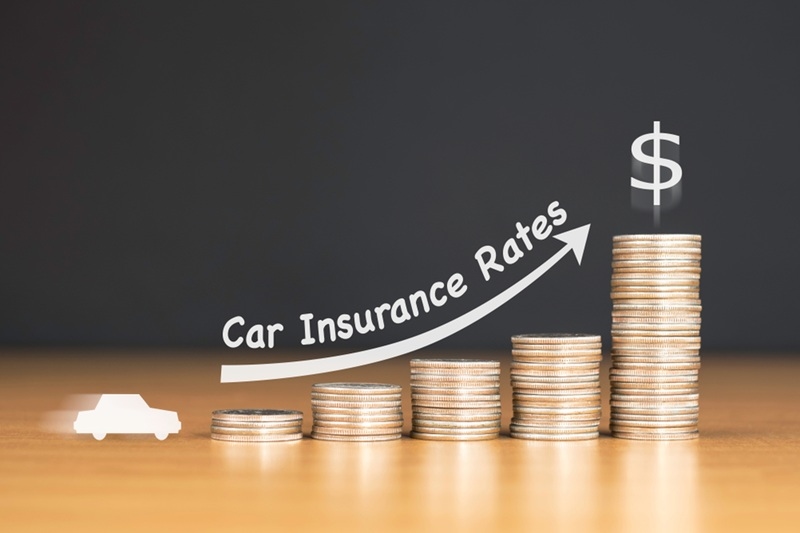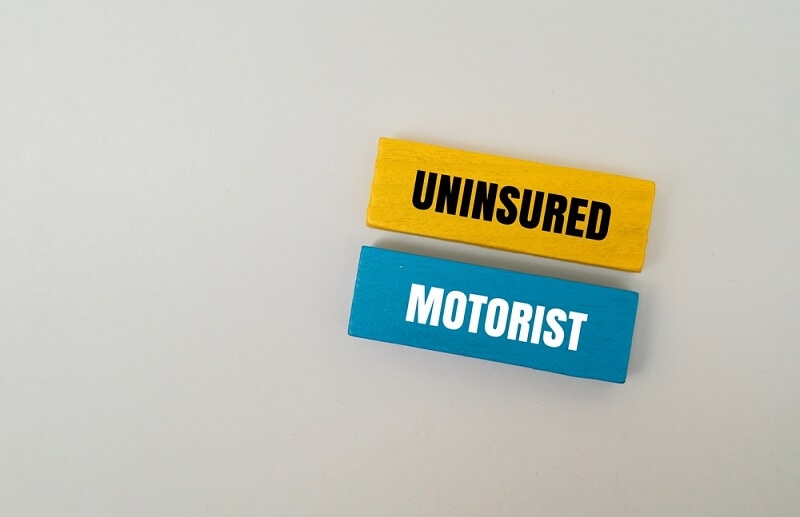Understanding the Various Types of Car Insurance Coverage
Understanding the Various Types of Car Insurance Coverage


Car insurance is a critical aspect of owning and driving a vehicle. It not only provides financial protection in case of accidents but also ensures compliance with legal requirements in most jurisdictions. Understanding the different types of car insurance coverage available can help you make informed decisions when selecting a policy. In this comprehensive guide, we'll explore the various types of car insurance coverage, including their benefits and considerations.
Understanding Liability Coverage
Liability coverage is a fundamental component of car insurance, required by law in most states. It provides financial protection if you're responsible for injuring someone else or damaging their property in an accident. This coverage helps pay for the other party's medical bills, vehicle repairs, and legal fees if you're found at fault.
It's crucial to have sufficient liability coverage to protect your assets in case of a lawsuit. Typically, liability coverage is split into two parts: bodily injury liability, which covers medical expenses and lost wages, and property damage liability, which covers repairs or replacement of the other party's property.
Learn About Collision Coverage
Collision coverage is a type of car insurance that helps pay for repairs to your vehicle if it's damaged in a collision with another vehicle or object, regardless of fault. This coverage is particularly valuable for newer or more valuable cars, as it can help cover the cost of repairs or replacement.
Collision coverage typically comes with a deductible, which is the amount you'll have to pay out of pocket before your insurance kicks in. Having collision coverage can provide peace of mind knowing that you're financially protected in the event of an accident.
What is Comprehensive Coverage?
One kind of auto insurance that guards against non-collision-related damage to your car is comprehensive coverage. This covers harm caused by falling items, fire, theft, vandalism, and natural calamities. Your vehicle's replacement or repairs may be partially covered by comprehensive coverage, up to the car's real cash value.
Although it is an optional policy, drivers who wish to safeguard their cars from a variety of hazards may find it useful. Remember that most comprehensive insurance plans include a deductible or the amount you have to pay out-of-pocket before your insurance starts to pay.
Go for Personal Injury Protection (PIP)
Regardless of who is at fault, personal injury protection (PIP) is a sort of auto insurance coverage that covers medical costs and lost income for you and your passengers. PIP offers more comprehensive coverage than standard medical costs coverage and is mandated in some jurisdictions.
It usually pays for medical costs, including those associated with hospital stays, rehabilitation, and even funerals. If an automobile accident leaves you unable to work, PIP can also pay for lost wages. If you want extra coverage for medical costs associated with an auto accident or if you don't have health insurance, this policy is especially helpful.
Why Choose Uninsured/Underinsured Motorist Coverage?
Uninsured/Underinsured Motorist Coverage protects you if you're in an accident with a driver who doesn't have insurance or enough insurance to cover your damages. This coverage can help pay for medical expenses, lost wages, and vehicle repairs. Uninsured motorist coverage is required in some states, while underinsured motorist coverage is optional but highly recommended.
Having this coverage ensures that you're not left financially responsible for expenses caused by someone else's lack of insurance or insufficient coverage, providing peace of mind on the road.
Comprehending Medical Payments Coverage
Medical Payments Coverage, also known as MedPay, is an optional car insurance coverage that pays for medical expenses for you and your passengers after an accident, regardless of fault. It can cover a range of expenses, including hospital bills, doctor's visits, and funeral costs.
MedPay is particularly beneficial if you don't have health insurance or have high deductibles, as it provides an additional layer of financial protection. It can also help cover medical expenses that exceed the limits of your health insurance policy. MedPay is typically inexpensive and can provide peace of mind, knowing that you're covered in the event of an accident.
Gap Insurance: An Optional Coverage
Gap insurance, also known as guaranteed asset protection insurance, covers the difference (or gap) between the actual cash value of your car and the amount you owe on your car loan or lease. This coverage is particularly beneficial if you have a new or expensive car, as it can protect you from financial loss in case your car is totaled in an accident.
Gap insurance is typically offered as optional coverage by car insurance companies and can provide you with peace of mind knowing that you won't have to pay out of pocket for the remaining balance on your car loan.
Be at Ease with Rental Reimbursement Coverage
An optional auto insurance policy called rental reimbursement pays for a rental automobile while your car is being repaired as a result of a covered loss, like an accident or theft. While your automobile is in repair, this coverage might help you keep moving and go about your everyday business.
Rental reimbursement coverage usually has a maximum total limit as well as a daily limit, so it's critical to read your policy to know exactly what is covered. In an anxious moment, having rental reimbursement coverage added to your auto insurance policy can offer ease and peace of mind.
You may also like to read: Understanding the Basics: Car Insurance for Hybrid Vehicles
Conclusion
Car insurance is a complex but essential aspect of owning and driving a vehicle. Understanding the different types of coverage available can help you choose the right policy for your needs. Whether you're looking for basic liability coverage or comprehensive protection, there's a car insurance policy that's right for you. Remember to compare quotes from multiple insurers to ensure you're getting the best coverage at the best price.
This content was created by AI



